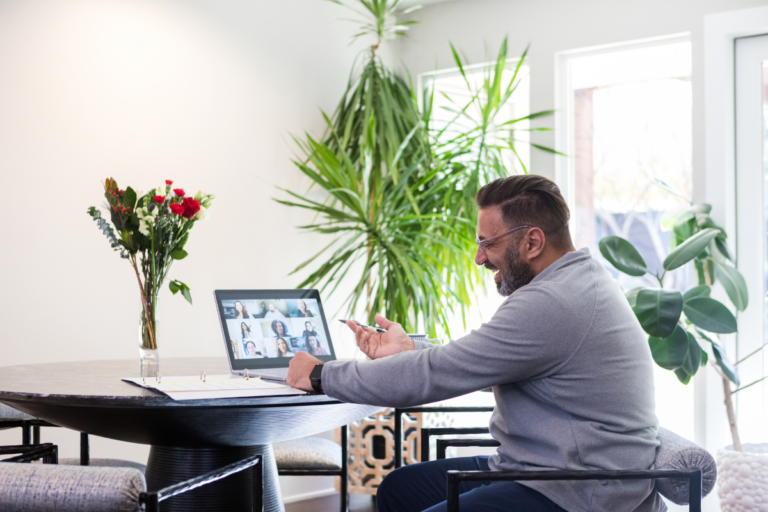For many of us, our homes represent the most important purchases we’ll ever make – not to mention the priciest! That being the case, getting stuck with a lemon of home should be something you work to avoid at all costs.
Fortunately, a little bit of effort on your part can go a long way when it comes to avoiding unpleasant surprises with your first home. To help ensure that your first home is everything you dreamed it would be, put the following advice to good use.
Post Contents
Work With A Certified Home Inspector
Under no circumstances should you commit to buying a home that hasn’t undergone a pre-purchase inspection. Furthermore, it’s important to note that a “pre-purchase inspection” doesn’t refer to a walkthrough – or virtual walkthrough – that you’ve conducted. Regardless of how carefully you’ve looked over a home, you’ll need to enlist the aid of a certified home inspector.

As the title suggests, these individuals are highly adept at identifying a wide range of problems that exist within homes. Uncovering large problems relating to plumbing, electricity or foundation long after the sale has gone through is the absolute last thing any homebuyer wants.
In addition, a pre-purchase inspection from a seasoned pro may also serve as a prerequisite for obtaining home insurance. A dependable home inspector can help ensure that you’re made aware of any outstanding issues, thereby enabling you to make an informed decision.
As an added bonus, the inspector’s findings may help put you in a better position at the bargaining table. After all, requesting that the cost of repairing certain issues be deducted from the seller’s asking price is perfectly reasonable.
You’ll also need to be wary of sellers who attempt to dissuade you from reaching out to home inspectors. Such behavior may indicate that there are issues with the property they don’t want coming to light. So, if a seller is adamant about you forgoing an inspection, make it clear that without an inspection, there’s no deal. Should this argument fail to persuade them, simply walk away and start looking at other homes.
Research The Home’s Location
If you’re looking to invest in a home that maintains its value – or grows in value – it’s recommended that you take some time to research the location of the property. As you’ll find, the location of a home can play an integral role in determining its value, hence the reason so many realtors live by the mantra “Location, location, location.”
In the course of your research, pay special attention to local property values, rent prices, population growth, median income and crime rates. North Carolinians looking for a great place to purchase their first home would do well to consider Asheville real estate.
Understand Maintenance And Upkeep Costs
It’s important for first-time buyers to understand that being able to afford a home doesn’t necessarily mean you can afford to maintain that home. So, before committing to purchase a home, make sure to calculate utility costs, maintenance costs and property taxes.
This point ties in well with the first point of hiring a certified home inspector. After all, you don’t want to end up with the cost of replacing the entire plumbing after just moving in or God forbid, a leaking roof after experiencing the first rainfall in your new home. If owning a certain home stands to bleed you dry financially, you may be better off exploring more affordable options.
Don’t Commit to an Unmanageable Mortgage Loan
Qualifying for a mortgage loan doesn’t always equate to being able to comfortably afford loan payments. Depending on your income level, monthly payments for certain mortgages can leave you with very little money for other essential expenses.

So, regardless of how eager you are to move into a certain home, avoid committing to a mortgage you can’t reasonably afford. Since this can result in missed loan payments and eventual foreclosure, it’s imperative that you take your financial situation into careful consideration before committing to a mortgage loan.
Any satisfaction you feel upon moving into your first home can quickly be diminished by unmanageable mortgage payments. To call your first home a large purchase would be an understatement. Even moderately-priced homes are likely to place a strain on your finances, so it’s only natural that you’d seek to make the safest possible investment on this front.
Needless to say, uncovering costly issues with a home long after purchasing it can come as a most unwelcome surprise. Luckily, you can dramatically reduce your odds of winding up with a lemon by putting the advice outlined above to good use.






























